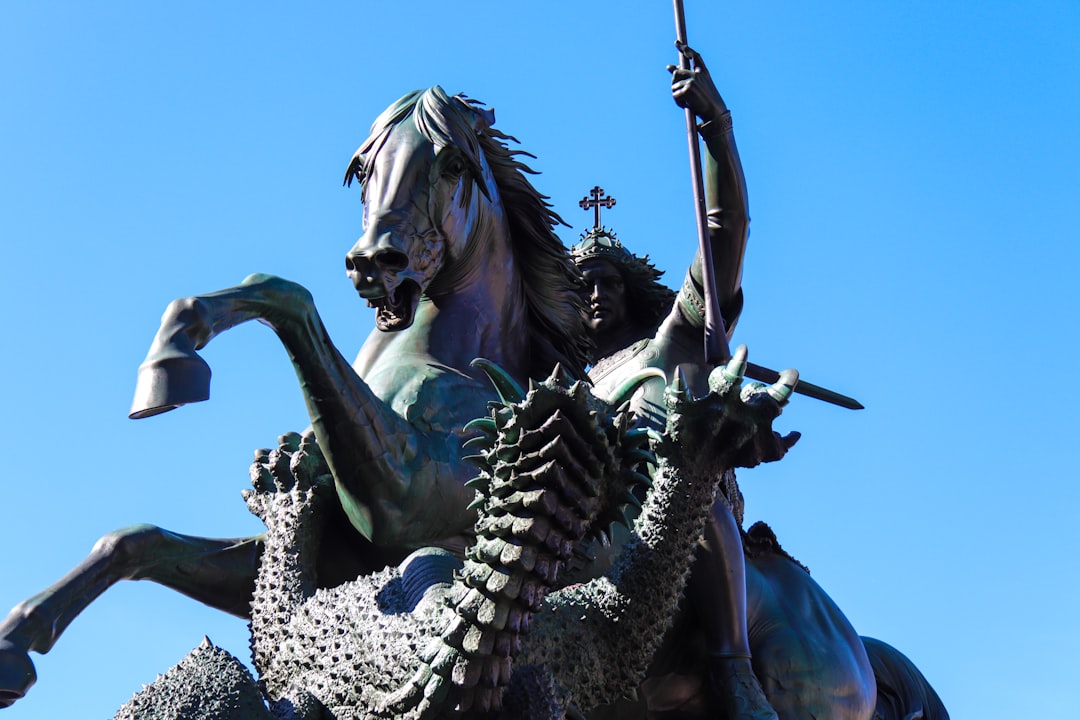
A continuation of Pt I.
IV. Thou shalt love the country in which thou wast born.
Love of his home gives the knight strength to fight harder than would a mercenary who doesn’t love what he’s fighting for but only the cash he receives for his services. This love ultimately makes the country greater. “Men did not lo…
Keep reading with a 7-day free trial
Subscribe to The Chivalry Guild Letters to keep reading this post and get 7 days of free access to the full post archives.


